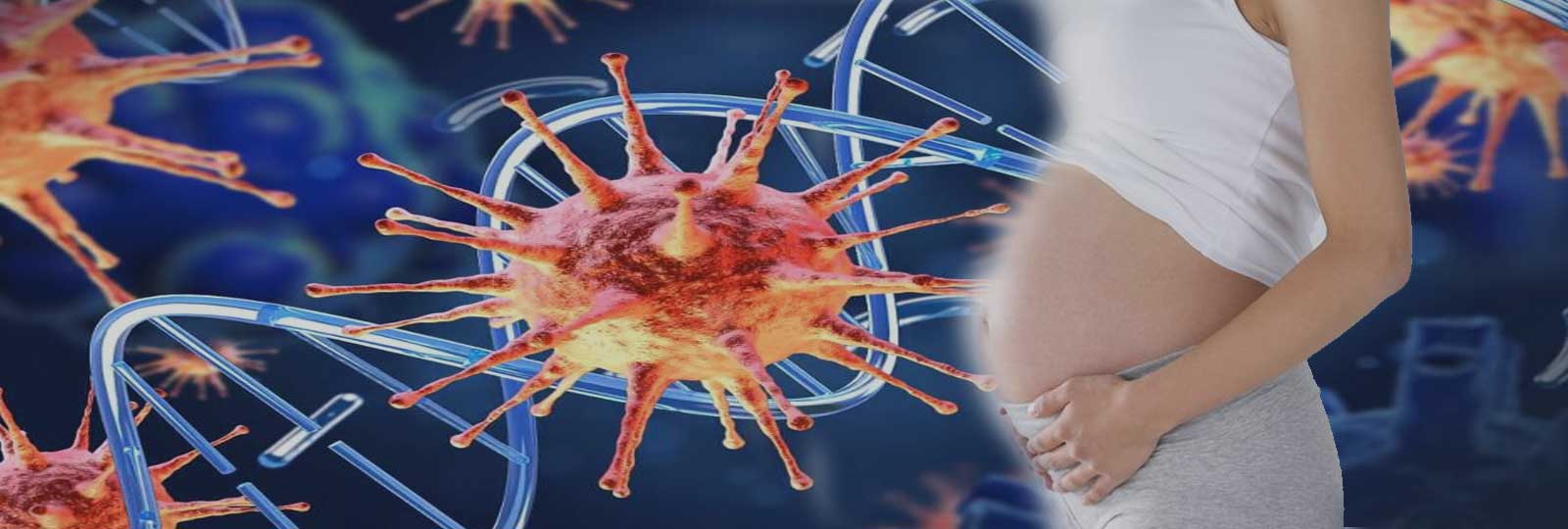
Many on-going IVF pregnancies, infertile women, and patients wanting IVF/ IUI have been struggling because of the disruption caused due to the COVID-19 pandemic
The welfare of our patients at the IVF centre of Sir Ganga Ram Hospital, undergoing fertility treatment as well as their pregnancies, are foremost in our mind. To make treatment as safe as possible, we have introduced several changes. These are as following:
For most people, the treatment cycle will be the same as before the pandemic, with us focussing on your safety alongside success rates. If you have a significant underlying medical condition, then we may discuss altering your treatment to maximise safety for you at this time.
If you test positive for coronavirus prior to your egg collection, we will need to pause your treatment until you are well again. The best is to wait for 28 days after recovering from Covid-19 before starting treatment. This is for the safety of you, your embryos, and those around you.
If you test positive after egg collection, any embryos will be frozen, giving time for you to recover before any transfer. Please be assured that frozen embryo transfer now achieves similar or higher success rates than fresh embryo transfer.
Generally, pregnant women do not appear to be more likely to be seriously unwell than other healthy adults if they develop coronavirus.
Majority of pregnant women will experience only mild or moderate cold/flu like symptoms
As this is a very new virus, we are just beginning to learn about it. There is no evidence to suggest an increased risk of miscarriage.
Transmission of the virus from a woman to her baby during pregnancy or birth appears possible. However, this does not seem to cause a problem with the baby’s health after birth
It does not seem that the virus causes problems with a baby’s development during pregnancy.
All available evidence suggests that pregnant women are at the same risks as other healthy adults if they develop coronavirus. Majority of pregnant women experience only mild or moderate cold/flu-like symptoms. Cough, fever, shortness of breath, headache and loss or change to your sense of smell or taste are other relevant symptoms.
If you develop more severe symptoms or your recovery is delayed, this may be a sign that you are developing a more significant infection and need specialised care. Please contact the government helpline or your clinician.
Most women who are more seriously ill are in their third trimester, therefore the importance of social distancing from 28 weeks of pregnancy is more important.
Emerging evidence suggests that transmission from a woman to her baby during pregnancy or birth is probable. It is important to emphasise that in all reported cases of new born babies developing coronavirus very soon after birth, the babies were well. Given current evidence, it is considered unlikely that if you have the virus it would cause problems with your baby’s development.
Across the world, emerging reports suggest some babies have been born prematurely to women who were very unwell with coronavirus. It is unclear whether coronavirus caused these premature births, or whether it was recommended that their babies were born early for the benefit of the women’s health and to enable them to recover.
The most important thing to do is to follow guidelines issued by the government. For pregnant women and the rest of their households, this includes:
Pregnancy in a small proportion of women can alter how your body handles severe viral infections. This is something that obstetricians have known for many years and are used to dealing with. We know that some viral infections are worse in pregnant women; however, all available evidence suggests that pregnant women are at no greater risk of becoming seriously unwell than other healthy adults if they develop coronavirus.
As a precaution, you should follow government advice about social distancing, stay away from public places and avoid anyone who has symptoms suggestive of coronavirus. It is still considered necessary for pregnant women to go for exercise and to attend antenatal appointments.
If you are in your third trimester (more than 28 weeks’ pregnant) you should be particularly attentive to social distancing and minimise any contact with others.
Keeping being active and hydrated as both are important to reduce the risk of blood clots in pregnancy. Take supplements in form of vitamins and minerals to boost your immunity.
Becoming pregnant during the coronavirus pandemic is a matter of personal choice. However, it is recommended that when considering a pregnancy, women and their partners consider the risks of coronavirus transmission associated with routine contacts with healthcare professionals during pregnancy, particularly if pregnancy complications may necessitate frequent hospital attendance.
The changes adopted during the pandemic are with the following aims:
These changes are a way of ensuring we deliver the best care without overloading our services, as well prevent your exposure to the risk of other people which are crucial during the coronavirus pandemic. Your safety is our first priority.